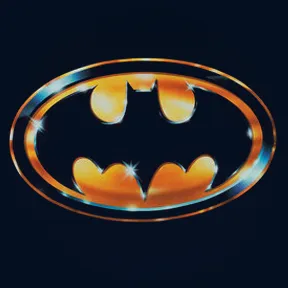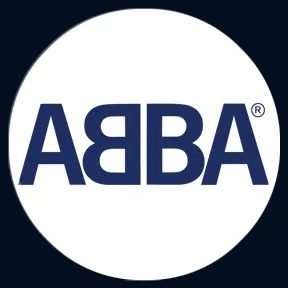Scientists Found Particle 'X,' Now What?!
For the first time ever, scientists at CERN have spotted a bizarre “X" particle in a recreation of the primordial soup that existed just moments after the Big Bang, using the LHC.
For the first time, scientists have spotted a bizarre “X” particle in a recreation of the primordial soup that existed just moments after the Big Bang. By smashing billions of lead ions together using the Large Hadron Collider, researchers were able to find just about 100 of these mysterious particles, but that could be the start of figuring out what exactly this “X” particle is made of. That’s why it’s just called the “X particle”; it’s not like it broke up with a physicist.
There are a few different ideas on what it could be but no one is sure yet. Figuring it out could tell us more about what the universe was like a split second after it formed and help us better understand the protons and neutrons that make up the nuclei of atoms.
To understand the mystery, we’re going to have to talk about fundamental particles called quarks. It’s also possible to have particles made of just two quarks, or more specifically a quark and antiquark pair. These particles are called mesons. Binding quarks together inside mesons, protons, and neutrons are gluons, which carry the strong force. And here’s some shocking news: The strong force is really strong. So strong that an isolated quark has never been observed because they seem to be locked inside protons and neutrons in all but the most extreme conditions.
Now we come to the mystery of the X particle: we think it’s made up of four quarks but nobody has been able to figure out yet how they’re arranged. The two leading ideas suggest either the four quarks are tightly bound up in a teeny space less than a third of a femtometer across, or they could be paired up in two mesons that form something like a loosely bound molecule as large as five femtometers.















































